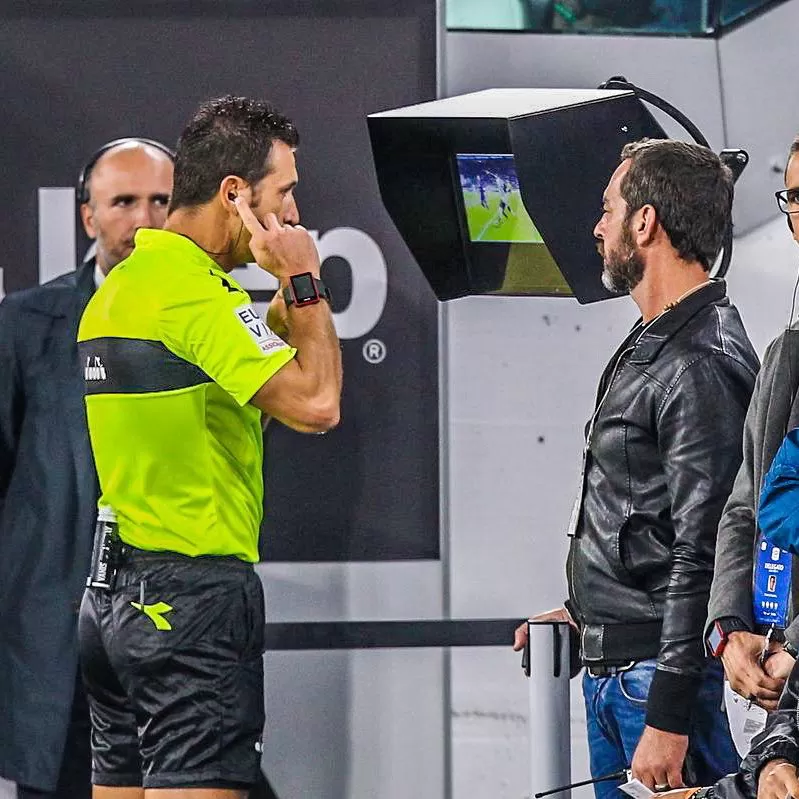Sweden Shuns VAR in Historic Football First

In a groundbreaking decision that has sent shockwaves across the footballing world, Sweden has become the first country in Europe’s top 30 leagues to reject the introduction of Video Assistant Referee (VAR) technology. This historic move was announced on April 25, 2024, by the Swedish Football Association, marking a significant departure from the trend of adopting VAR in top-tier leagues worldwide.
The Swedish Football Association, led by chairman Fredrik Reinfeldt, had been advocating for the adoption of VAR in the Allsvenskan, the country’s top football division, viewing it as a crucial step towards modernizing the game. However, the proposal faced stiff opposition from a majority of clubs in Sweden, who voiced concerns about the technology’s impact on the sport’s spirit and the overall match experience.
As a result, the Swedish FA was compelled to abandon the idea of introducing VAR. The decision was influenced by a widespread consensus among most clubs in Sweden, which passed motions opposing the implementation of VAR. Fredrik Reinfeldt acknowledged the resistance, stating, “That’s why we didn’t bring forward any proposal about VAR to the previous board of representatives meeting, and I don’t foresee it in the future either.”
This unprecedented move by Sweden not only highlights the deep-seated resistance to VAR among certain segments of the football community but also raises questions about the future of the technology in football. While VAR has been adopted by many major leagues across Europe and the world, the Swedish decision may prompt other countries to reconsider their stance on the use of technology in football.
In the meantime, the debate over VAR’s role in the beautiful game continues to divide opinions, with some arguing that it is a necessary tool to ensure fairness and accuracy in refereeing decisions, while others believe it detracts from the spontaneity and human element of the sport.





